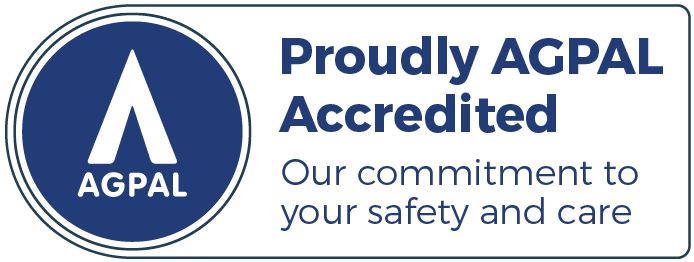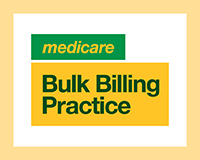Compassionate Counselling in Mullumbimby
Comprehensive Counselling services
At Mullumbimby Comprehensive Health Centre, we offer a holistic and integrated counselling service designed to meet the diverse needs of our clients. Our team consists of mental health clinicians and counsellors who bring a unique blend of professional knowledge and personal insight to the therapeutic process. We believe in placing the consumer’s needs at the centre of care, tailoring our assessments and treatment plans to consider the full spectrum of life influences—biological, psychological, sociological, familial, environmental, spiritual, educational and cultural factors. This comprehensive approach ensures that each individual receives the most accurate and holistic assessment, leading to a treatment plan that addresses their specific challenges and promotes overall wellbeing.
For counselling in Mullumbimby, call Mullumbimby Comprehensive Health Centre on (02) 6684 1511. We can also assist with skin health, women's health, men's health, family medicine, chronic disease management, travel vaccinations, QML pathology, osteopathy, naturopathy and nutrition, podiatry, exercise physiology, physiotherapy, psychology and preventative health.
Holistic Counselling & Support
Our counselling services at Mullumbimby Comprehensive Health Centre support individuals facing various mental health issues and life challenges, including:
- Mental Health Conditions: Depression, anxiety, psychosis, personality disorders, mood disorders and addictions.
- Trauma and Abuse: Domestic violence, trauma, PTSD and victims of crime.
- Life Adjustments: Adjustment issues, anger management and situational crises such as relationship breakdowns and family crises.
- Chronic Stress: Acute stress, grief, bereavement and interpersonal conflicts.
- Disability Support: Developmental delays, physical disabilities, acquired brain injuries, autism spectrum disorder (ASD), hearing and vision impairments and learning disorders.
- Additional Support: ADHD, eating disorders, discrimination, racism, aged care issues and veteran support.
Mullumbimby Psychology operates within the Mullumbimby Comprehensive Health Centre building. Mullumbimby Psychology is a team of 10 Registered and Clinical Psychologists.
Counselling at our centre provides a safe confidential space for clients to discuss their concerns without fear of judgement. Whether working through emotional difficulties or managing a mental health condition, our goal is to offer compassionate support and effective treatment tailored to each person’s unique situation.








